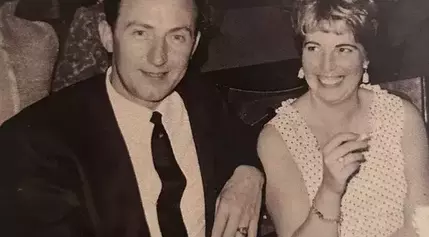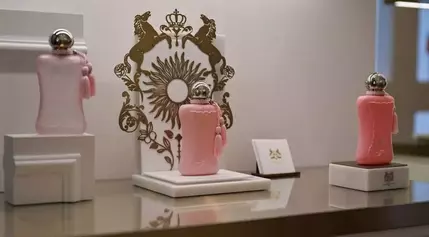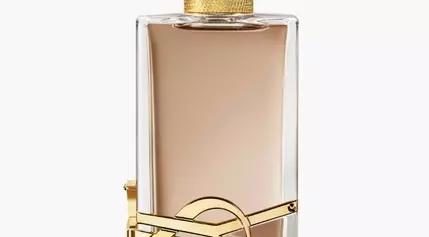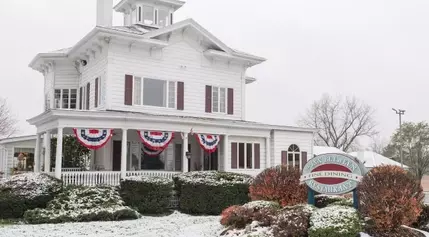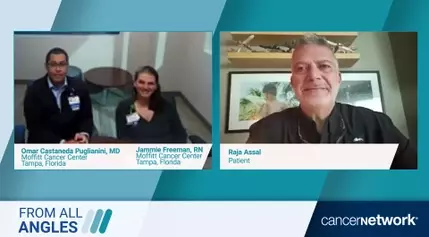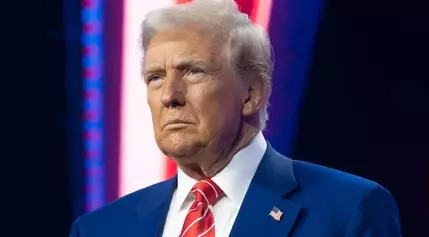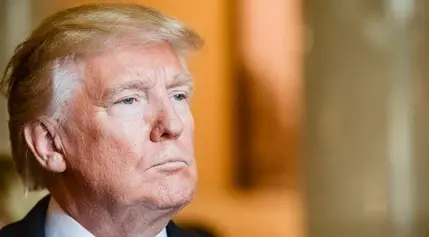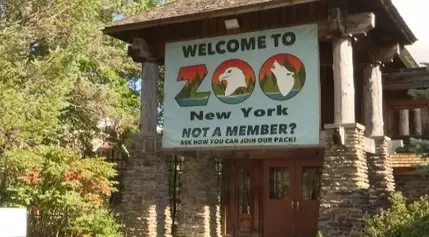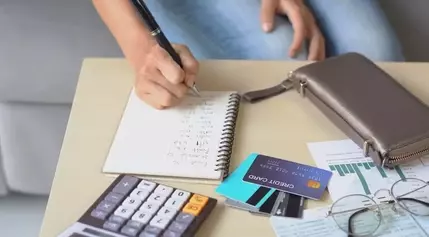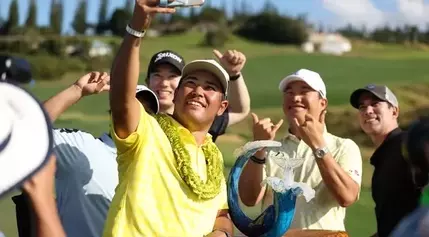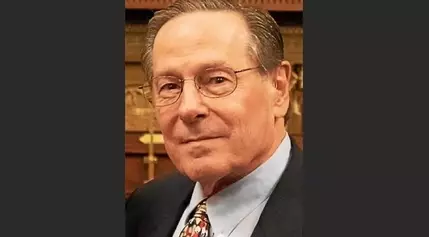The legal team of President-elect Donald Trump is seeking to delay his sentencing in a hush-money case, arguing for presidential immunity. The New York appellate court judge expressed skepticism regarding the application of such immunity to Trump's situation. Convicted of falsifying business records to conceal payments to an adult film actress, Trump's defense claims that sentencing should be postponed until all appeals are resolved. However, Judge Juan Merchan previously rejected similar requests, stating that the charges pertain to personal conduct rather than official acts. This legal battle unfolds as Trump prepares for his inauguration on January 20th.
Challenging Presidential Immunity in Unprecedented Circumstances
The unprecedented nature of this case lies in its exploration of whether presidential immunity extends beyond the office and into the transition period. Trump’s lawyers argue that the protection shielding sitting presidents from criminal charges for official acts should also cover the time between election and inauguration. Associate Judge Ellen Gesmer questioned the basis for extending immunity to a president-elect, highlighting the lack of precedent for such a scenario. Todd Blanche, representing Trump, acknowledged the novelty of the situation but insisted on the need for extended immunity.
This case marks the first instance where a former president has faced criminal charges and conviction, making it a landmark legal challenge. The defense contends that the Supreme Court’s July decision, which protects former presidents from criminal charges for official acts, should apply here. However, critics argue that this case involves personal conduct unrelated to official duties. The uncertainty surrounding the extent of presidential immunity during the transition period adds complexity to the legal arguments presented by Trump's team. The absence of prior cases dealing with similar circumstances means that this trial will set important precedents for future legal interpretations of presidential immunity.
Judicial Rejection and Continued Appeals
Despite efforts to postpone the sentencing, Judge Juan Merchan has consistently dismissed Trump's requests. Merchan ruled that the best approach to resolving the case was to proceed with sentencing without imposing prison time, fines, or probation while allowing Trump to continue his appeals. The judge noted that many of Trump’s arguments were repetitive and had been addressed multiple times previously. This stance emphasizes the judiciary’s commitment to bringing finality to the case despite ongoing challenges from the defense.
The appeals process now moves forward in the appellate division of the first judicial department in New York state court. Blanche argued that Merchan lacked the authority to proceed with sentencing while Trump exercises his constitutional right to challenge the rulings. The defense maintains that the erroneous jury verdict must be vacated, and the charges dismissed with prejudice. As the legal battle continues, the outcome will have significant implications for the interpretation of presidential immunity and the balance between executive power and judicial oversight. The coming weeks leading up to the inauguration will be crucial in determining the path forward for this complex case.

